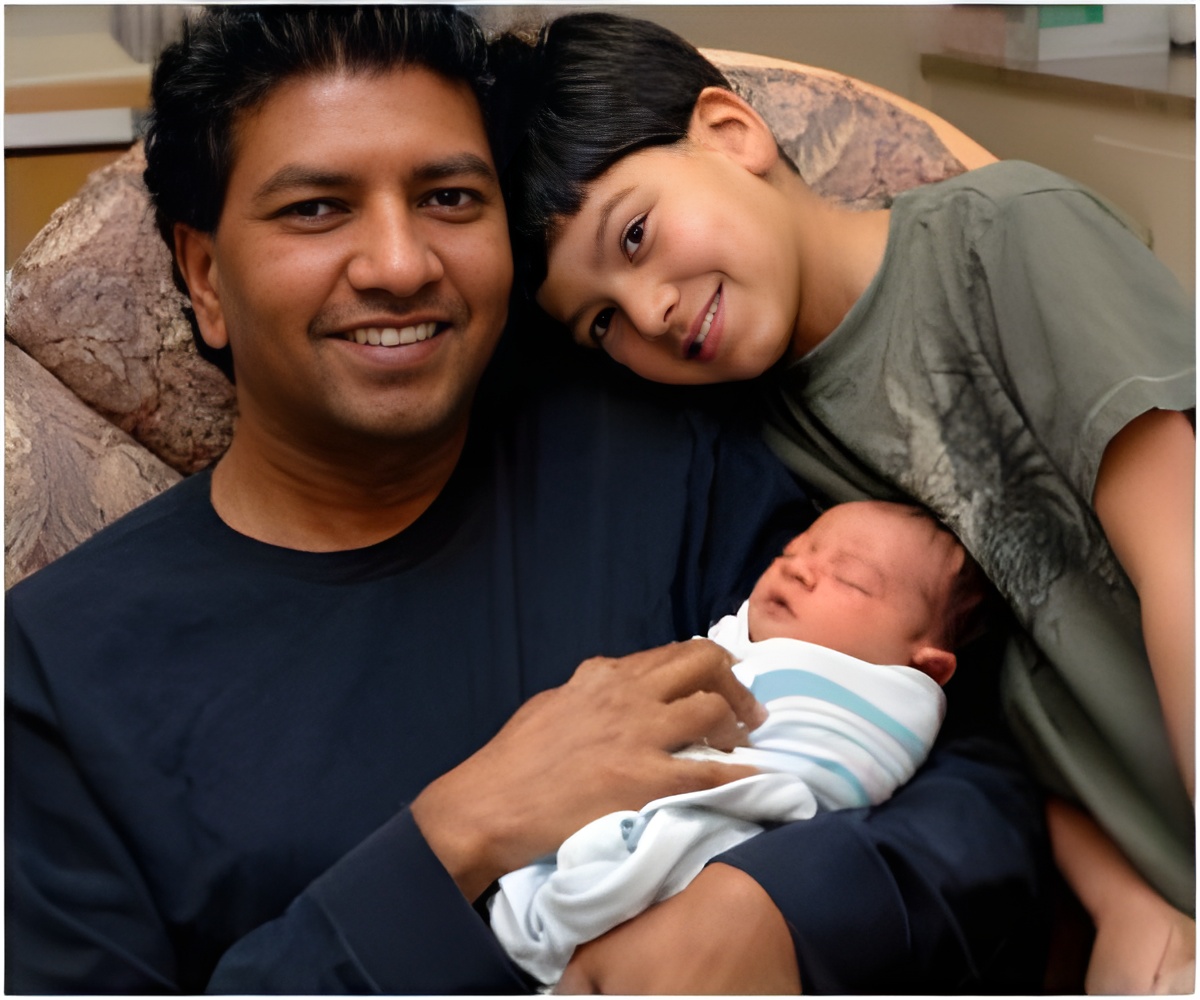
Dr. Conn and her colleagues compared mental health problems in 281 children ages 3-18 years who remained at home after being maltreated, with 482 children who were placed out of their homes (e.g., in foster care). These children were from a nationally representative sample of children referred to child welfare.
The Child Behavior Checklist was administered to the children three to six months after a placement decision was made (baseline) and 18 months later. The results were compared between the groups. In addition, investigators compared mental health problems among children in each group who had similar prior adverse experiences, which were defined as physical, emotional or sexual abuse; neglect; having a caregiver with mental health or substance abuse problems; having a caregiver who was abused; and the presence of criminal behavior in the home.
Results showed that 26 percent of children in both groups had mental health problems at baseline.
Eighteen months after placement, the percentage of 6- to 10-year-olds with mental health problems decreased significantly from 34 percent to 17 percent among those who were moved to alternative placements. Mental health problems remained stable among youths ages 11-18 years and increased from 10 percent to 18 percent of 3- to 5-year-olds.
Among children who remained at home, the percentage of 6- to 10-year-olds with mental health problems increased from 21 percent to 35 percent after 18 months, remained stable among youths ages 11-18 years, and decreased from 18 percent to 13 percent of 3- to 5-year-olds. These differences were not statistically significant.
Advertisement
Dr. Conn noted that mental health problems improved among school-age children placed in out-of-home settings, such as foster care, even though children who remained at home received more mental health services and their parents participated in specialized training.
Advertisement
"After maltreatment has occurred, temporary removal from a stressful home environment may foster a sense of safety and security," Dr. Conn concluded. "Placement alternatives, including foster care, can have emotional health benefits for some maltreated children."
Source-Eurekalert









